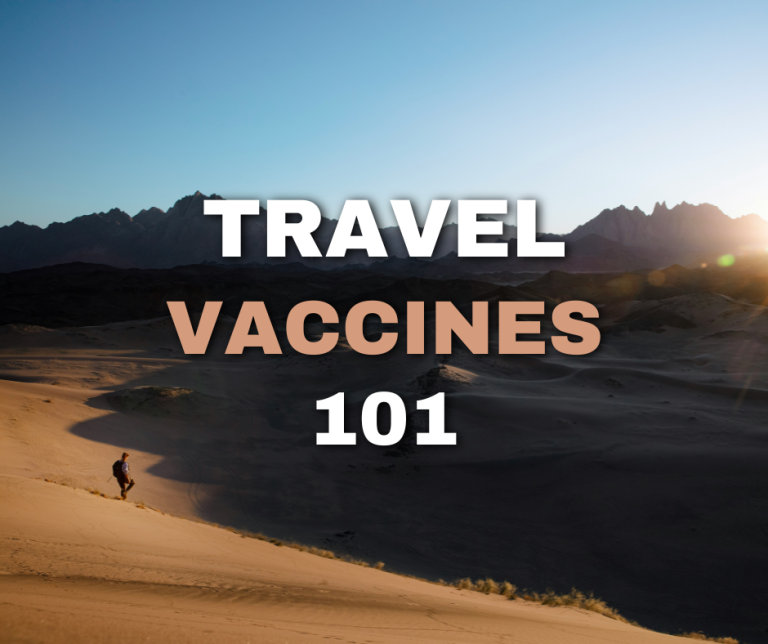
What travel vaccines do I need?
What Travel Vaccines Do I Need as a Canadian Traveler? Traveling is life’s greatest joys! However, exploring the world can sometimes expose you to health

By: Samuel Plante
More and more backpack travelers are realizing the impact our passion for travel can have on the planet. We recognize the harsh reality of the adverse effects of tourism on the ecosystem.
Lovers of the world like us should indeed redouble their efforts to preserve our land. We need to take action, here are some ways to reduce the impact travel has on the environment.
1 Let’s start with your equipment!
It is indeed important to have a good balance between comfortable / efficient and eco-friendly equipment. There are several backpack and travel / outdoor accessory companies that care more about the environment in their production.
Patagonia, for example, uses recycled polyester and natural materials that do not require too polluting treatment. In addition, since 1988 Patagonia has donated $ 58 million to more than 1,000 different associations related to the defense of the environment. So educate yourself about the brand before you put your money in their pockets and do a good deed.
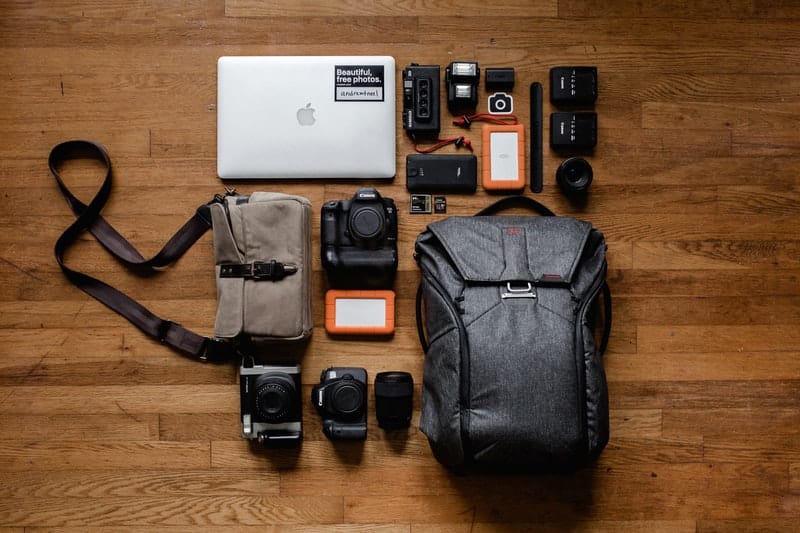
2 Quit single use plastic
Bring your own shower accessories so you don’t have to use the hostel or hotel samples. Reusable utensils and a straw when dining out can avoid many single-use plastic items while traveling (or in your general daily life).
Your own reusable water bottle and coffee mug could also save some use of plastic bottles and containers.
You can also bring some compact reusable bag to avoid the use of some bags offered in shops such as grocery store, pharmacy or others. These bags can also be used to collect litter in places you visit throughout your trip. (According to planetoscope.com 634,000 kg of waste is dumped into the ocean every second)
3 Emission-free means of transport (as much as possible)
As much as possible, it would be preferable to minimize the use of motor vehicles: Taxis, Plane, Tuk Tuk, Boat, etc.
There are several alternatives to reduce your ecological footprint on this aspect.
For example, carpooling and sharing car transport as much as possible or simply opting for public transport such as the bus. If you feel comfortable hitchhiking can indeed be a simple solution for your travels, it all depends in which country and sector you are in.
There are several web platforms to share trips by car such as Amigoexpress in Canada and the United States or Blablacar in Europe which will facilitate your trips and reduce your costs.
Traveling on foot or by bicycle is good for you and may expose you to situations or points of view that you may have missed. it’s when you least expect it that you find yourself in the best moments.
An increasingly popular movement (yay) is to buy our carbon credits following a trip according to the number of kilometers traveled by plane or car during your trip. Several non-profit companies such as Planetair or Carbone Boréal invest the money raised by carbon credits in the fight against climate change.
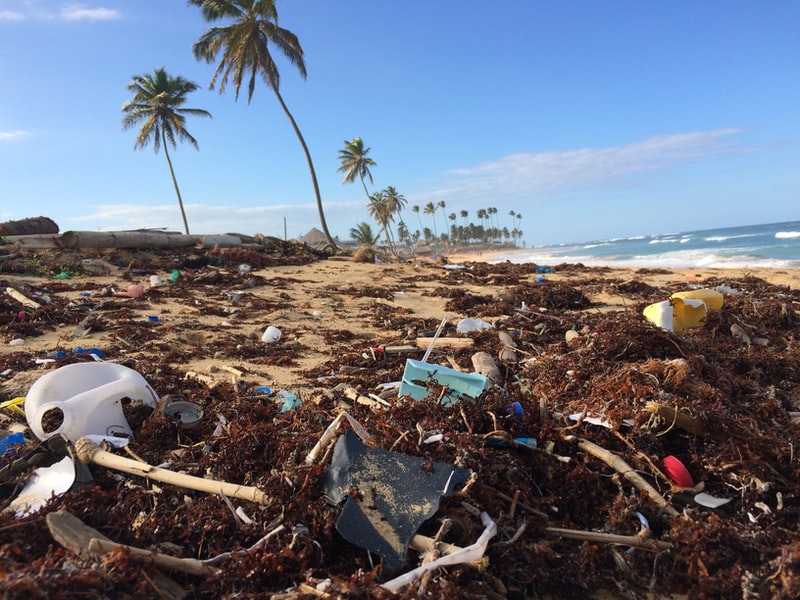
4 Never pay for activities that includes wild animals
wild animals are wild for a reason. There was a time when elephant rides were very popular in Asian countries. This practice is indeed one of the worst tourist attractions in the industry.
No matter what you are told about the rescue of these animals and the values of the center related to the welfare of these animals, this attraction does not respect the freedom of these wild animals in any way.
This kind of practice is also found with tigers, monkeys and many others. These animals are regularly mistreated, beaten and drugged so that the tourist can take a picture with them.
Observe the animals in their natural habitats! they are more beautiful and happier;)

5 Our sun protection kills corals!
Scientists have discovered that traditional sunscreen contains the chemicals oxybenzone and octinoxate which have been found to increase coral bleaching.
The chemical components of sunscreen actually disrupt reproduction and the growth cycle of corals, thus leading to their bleaching.
It is easy to remedy the situation! Some creams do not contain these devastating ingredients! Be informed and buy the right protection to protect our seabed. Here are some coral-safe brands.
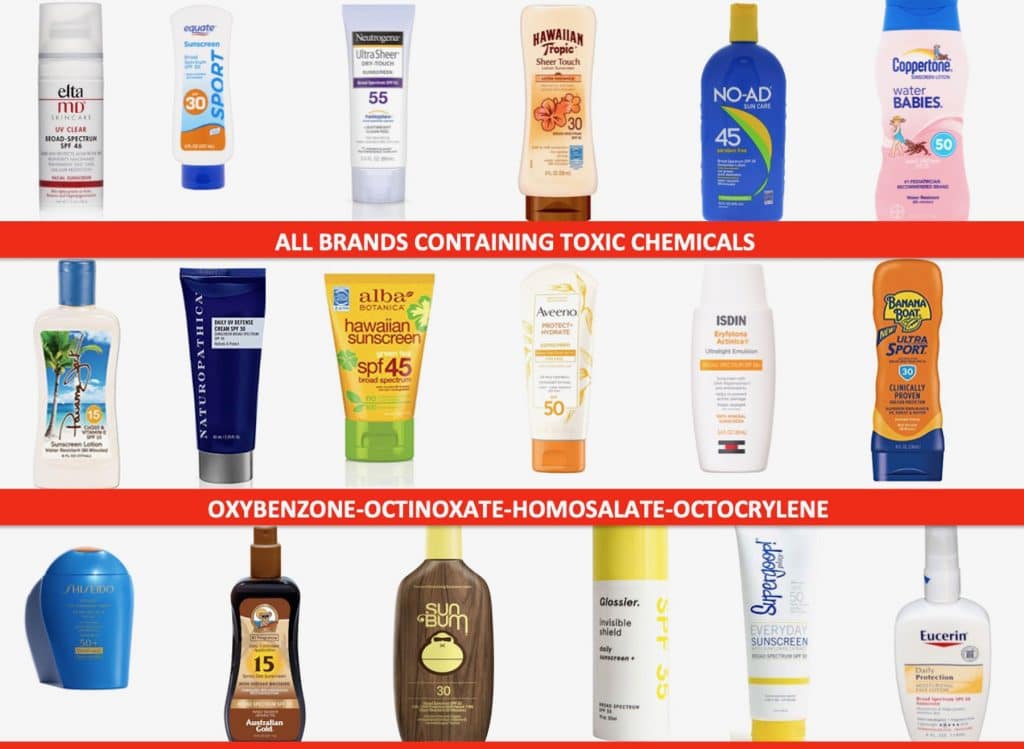

What Travel Vaccines Do I Need as a Canadian Traveler? Traveling is life’s greatest joys! However, exploring the world can sometimes expose you to health
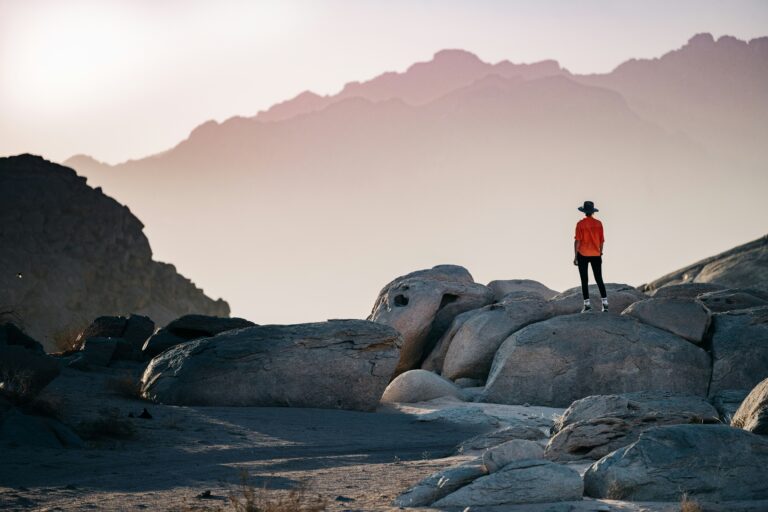
Those are 2 questions that we frequently have In the travelling world. In today’s digital age, it’s easy to assume that booking a trip online

Which Travel Credit Card is the Best for Your Adventures? Traveling opens doors to unforgettable experiences. A good travel credit card can make your journeys
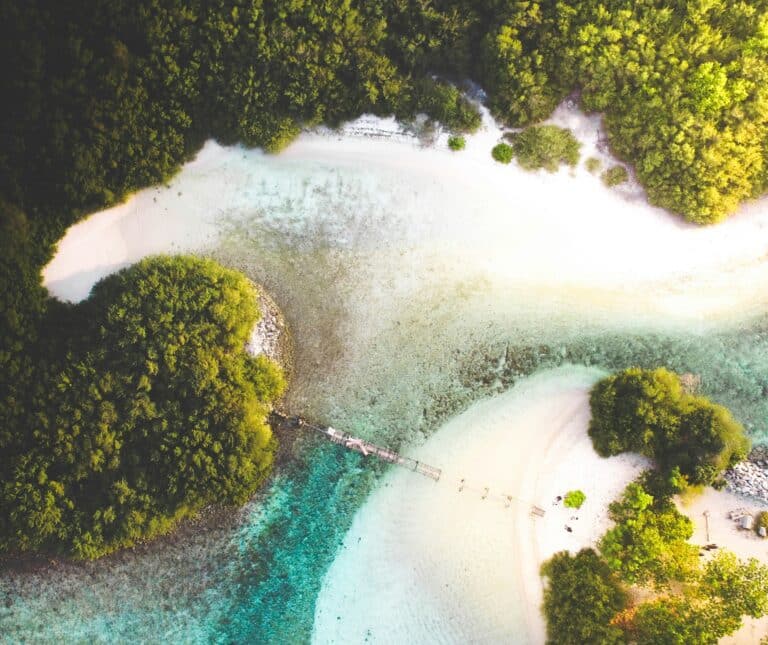
The Maldives, a tropical heaven in the heart of the Indian Ocean, is renowned for its pristine white-sand beaches, crystal-clear turquoise waters, and vibrant coral

Think you know all about travel? Think again! Travel comes with plenty of assumptions, whether it’s about backpacking, all-inclusive resorts, or solo trips. From believing

Sri Lanka has become a popular destination for surfers of all levels, offering a diverse range of surf breaks along its coastline If you’re an
A community based on sharing tips and experiences on the different destinations of the world.